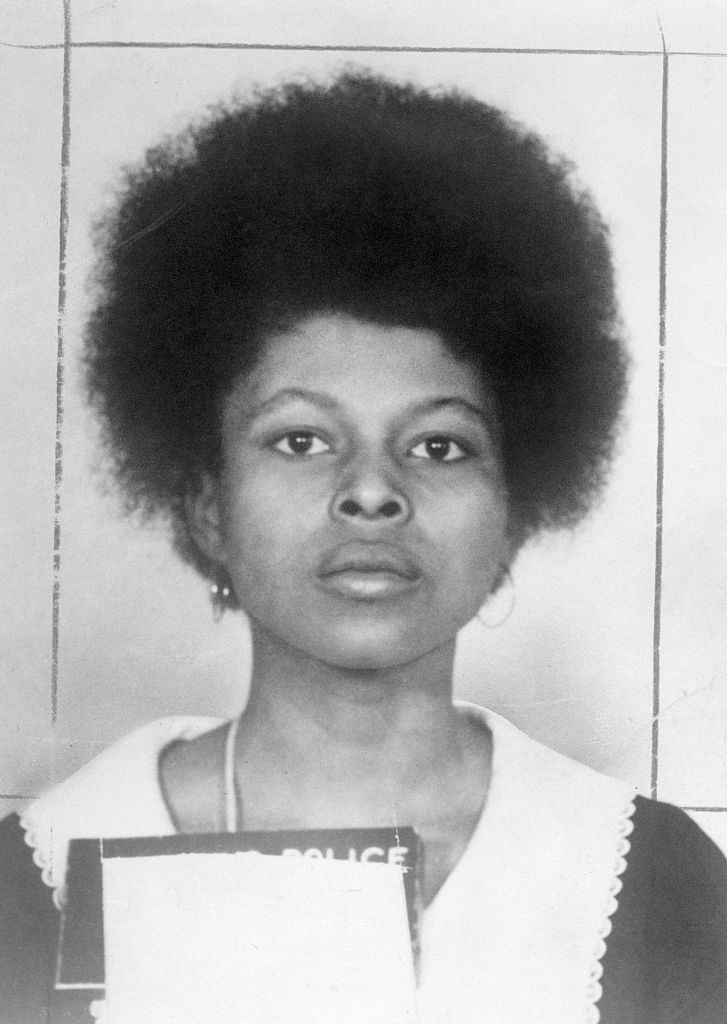Assata Shakur — exiled activist and Black liberation icon dies at 78

Assata Shakur, the woman whose very name became synonymous with resistance and survival, has passed away at the age of 78. Known as both a revolutionary hero and a polarizing figure, her life embodied the tensions of a turbulent era in American history.
Text “RICKEY” to 71007 to join the Rickey Smiley Morning Show mobile club for exclusive news. (Terms and conditions).
Born JoAnne Deborah Byron on July 16, 1947, in Queens, New York, Shakur would go on to transform herself into a leading voice of the Black Liberation Movement. She first joined the Black Panther Party, where she organized around issues of racial justice and community empowerment, before later aligning with the Black Liberation Army. For Shakur, activism was not a choice but a calling, one that placed her directly in opposition to racism, capitalism, and state violence.
That commitment came with consequences. On May 2, 1973, Shakur was traveling along the New Jersey Turnpike with fellow activists Zayd Shakur and Sundiata Acoli when their vehicle was stopped by state troopers. What began as a routine stop—accounts differ on whether it was for a broken taillight or speeding—erupted into a deadly confrontation. In the chaos, Trooper Werner Foerster and Zayd Shakur were killed, Acoli fled into the woods, and Assata Shakur was left critically wounded. Medical experts later testified that her injuries left her paralyzed in one arm, making it nearly impossible for her to have fired a weapon. No physical evidence connected her to the guns at the scene.
LIKE US ON FACEBOOK. FOLLOW US ON TWITTER AND INSTAGRAM. SUBSCRIBE TO OUR YOUTUBE.
Still, in 1977, Shakur was convicted of Foerster’s murder and sentenced to life in prison plus additional years. To her supporters, it was a clear miscarriage of justice and an example of the government’s determination to crush Black liberation movements. To prosecutors and police, it was accountability long overdue.
In 1979, Shakur made headlines again when she escaped from the Clinton Correctional Facility for Women in New Jersey, aided by a group of activists. She lived underground for several years before surfacing in Cuba, where she was granted asylum in 1984. From Havana, she lived largely out of the spotlight but never faded from the imagination of activists in the U.S.
CLICK HERE TO DOWNLOAD OUR APP AND TAKE US WITH YOU ANYWHERE!
Her presence remained powerful. In 2013, the FBI placed her on its most-wanted terrorist list, offering a $2 million reward for her capture. Despite U.S. pressure, Cuban officials refused to extradite her. Shakur herself became a symbol of defiance, and her 1988 autobiography Assata turned into a cornerstone text for young activists searching for guidance.
Her influence echoed through movements such as Assata’s Daughters in Chicago and chants at protests in Ferguson and beyond. To many, she embodied a global struggle for freedom and dignity. Even in exile, her words and legacy inspired people who saw in her life a reminder that resistance could not be silenced.
Related Article: Dear Black Folks: The Protests Against ICE Are Absolutely Our Fight Too [Op-Ed]
Related Article: Mutual Aid Fund Provides Financial Support To Former Black Panther Party Members
Assata Shakur’s passing closes a chapter on a remarkable life but leaves behind a legacy that continues to challenge, inspire, and ignite debates about justice, freedom, and the cost of fighting for both.
HEAD BACK TO THE RICKEYSMILEYMORNINGSHOW.COM HOMEPAGE
Assata Shakur — exiled activist and Black liberation icon dies at 78 was originally published on rickeysmileymorningshow.com



